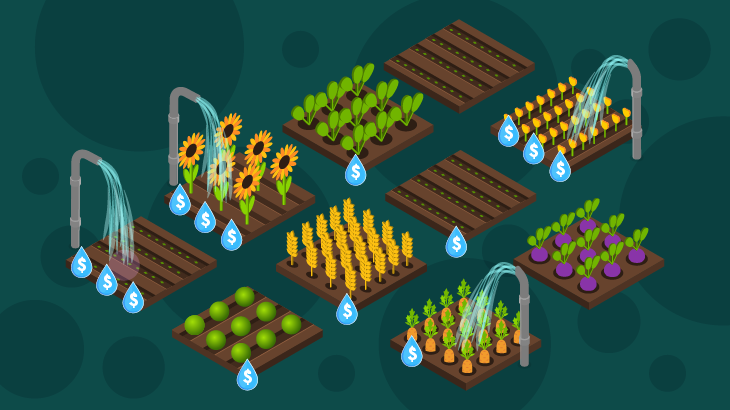
The most recent
Abstract
The design of mechanisms for sustainable irrigation water management requires a deep understanding of the value of water to local communities. We present results from a lab-in-the-field incentivized game that sheds light on irrigation water overvaluation patterns among small farmers in Colombia. In this game, two players divide a jointly endowed agricultural land plot, with some pieces having direct access to irrigation water. Although the induced cost of irrigation water in our game was one token, farmers paid between 2.1 and 3.5 times this amount. We generalize this result by presenting a general bargaining game that can be used to identify overvaluation in settings contexts where relevant use conflicts arise.
Colombian farmers participating in the game overvalue irrigation water, paying between 3 and 4 tokens when its real value is only 1 token. This reflects a perception of scarcity and rivalry in access to the resource.


 Daniel Mantillae
Daniel Mantillae